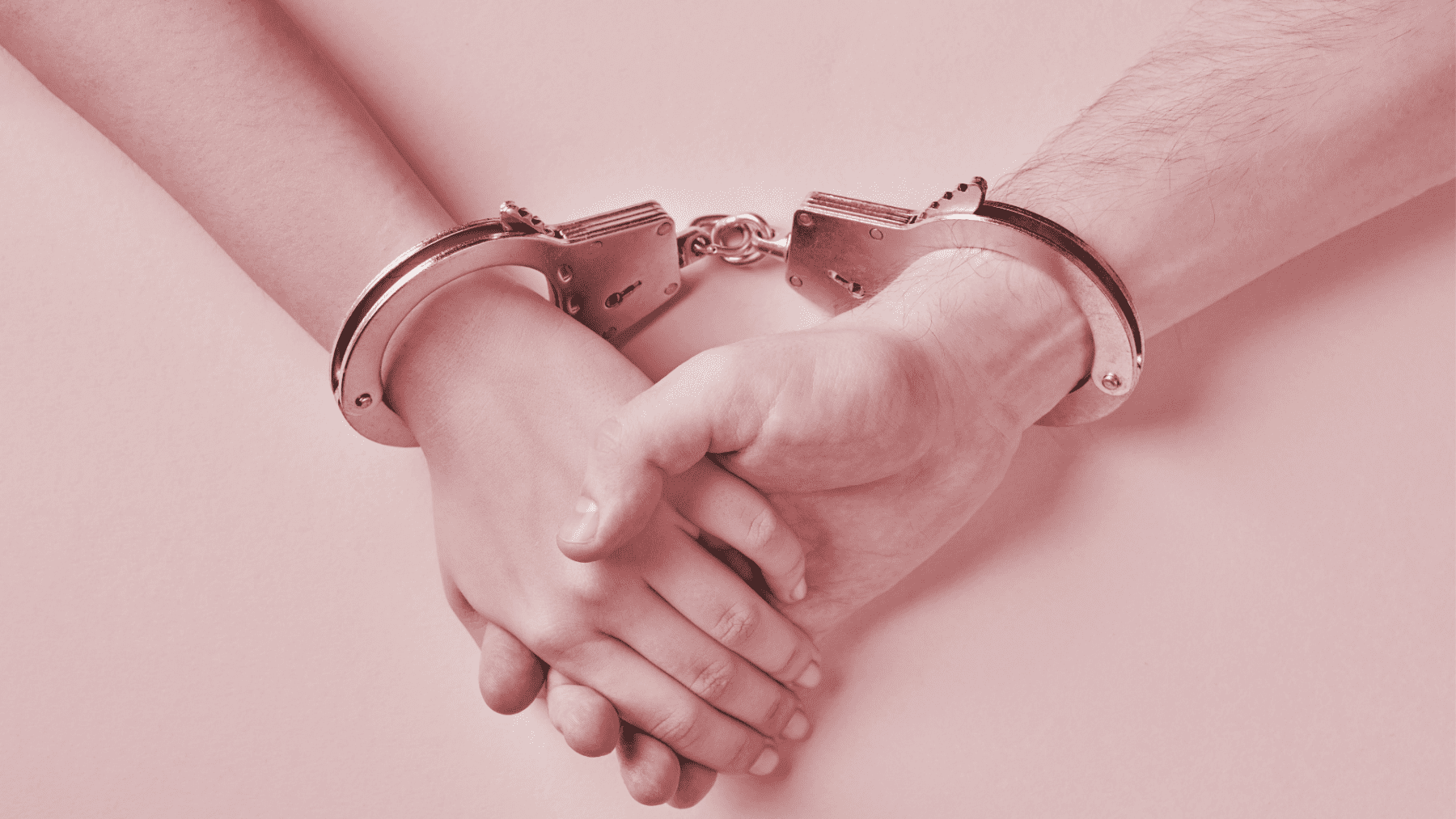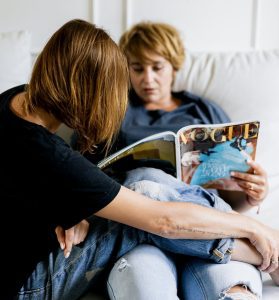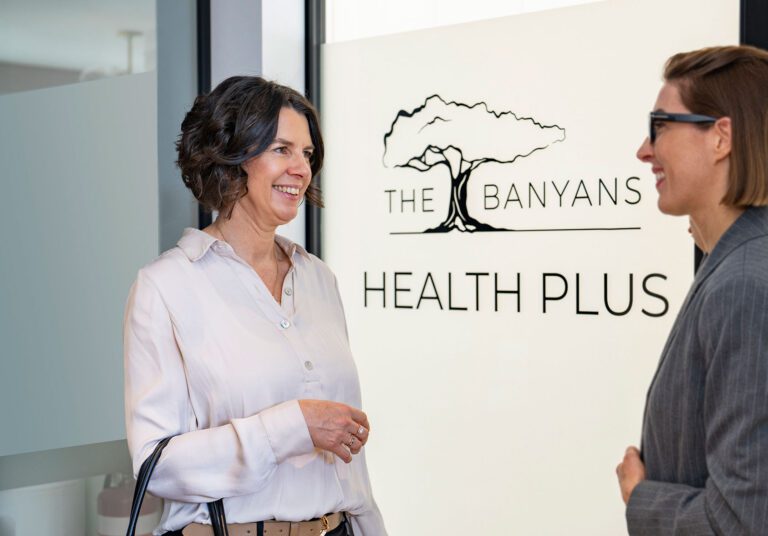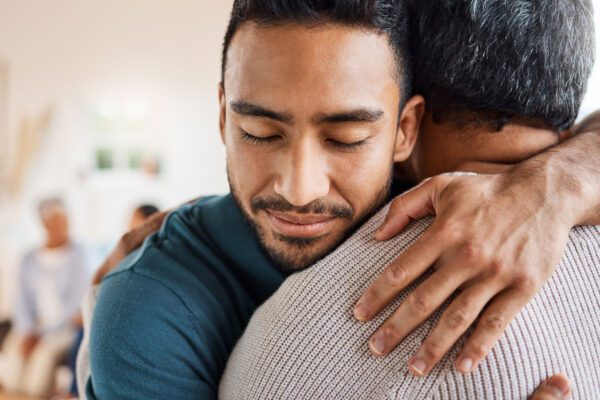
Codependency is a phrase we’re becoming more familiar with. Defined as a mental, emotional, physical and/or spiritual reliance on a partner, friend or family member, codependency incorporates specific attachment style patterns we often develop in early childhood.
If you’re familiar with substance dependency, codependency may sound like a particular concern. However, you might be surprised by the link between substance dependency and dependency in relationships.
Whether you’re on your journey with substance dependency or a loved one close to you is navigating this space, there’s much to learn about this link.
What is a Codependent Relationship?
Codependency presents in a wide range of ways with varying severity. Its root is found in a poor concept of self and a lack of firm boundaries, commonly making itself known in a low ability for individuals to have an opinion or to say no.
Dependency in relationships can develop in all contexts, including between parents and children, partners, spouses, friends, and employee-employer.
In a codependent relationship, the relationship pattern is imbalanced, with one person assuming responsibility for the needs of the other, often at the exclusion of being able to acknowledge their own needs or feelings. This creates an inequity of power, with the taker’s needs always sitting above the needs of the giver, who keeps on giving even at their own expense.
While it’s difficult to confirm the exact prevalence of codependency within the population, it’s more common among those who’ve experienced trauma in their early life, are in a close relationship with someone with a substance dependency issue or have high levels of anxiety.
What Causes Dependency in Relationships?
Codependent tendencies are often rooted in childhood experiences. This is because, as children, the basis for healthy relationships is formed through our relationships with our parents and other close family members.
Dependency in relationships can occur when an individual is raised by parents who are either overprotective or under-protective. Overprotective parents can inhibit their children from gaining the confidence they need for independence in the world, while under-protective parents can fail to provide necessary support during crucial development years.
If children aren’t supported to build healthy independence, they can overcompensate, becoming resistant to support. This can be especially prevalent in cases where parents have substance dependency issues, with children stepping in as the primary caregiver for their parents or siblings, leading to an unhealthy role reversal.
What are the Signs of a Codependent Relationship?
There is a wide range of signs that can point to a codependent relationship, including:
- A desire to walk on eggshells, minimising conflict with the other person
- Seeking permission from someone else to do simple daily tasks
- Being quick to apologise, even if you’ve done nothing wrong
- Feeling sorry for the other person in scenarios where they’ve hurt you
- Trying to change or ‘fix’ troubled, addicted people whose problems are complex
- Doing things for the other person that make you feel uncomfortable
- Needing the approval of others in order to approve of yourself
- Lacking a sense of self within the relationship
- A lack of time for yourself, with your free time devoted to the other person
If you’re unsure if you’re in a codependent relationship, you can monitor your interactions against these signs to understand your relationship dynamic.
Substance Dependency as a Coping Mechanism
Substance dependency can be a common coping mechanism, where compulsions or habits form over time to help people manage particular situations or as a response to stress. Ruth Limkin, CEO of The Banyans, agrees with the description of dependency as ‘habitual, ritualised comfort seeking’.
While some coping mechanisms are healthy, substance dependency can cause significant, ongoing harm. The rate of substance dependency across the Australian population is high, with approximately 1 in 20 Australians having an addiction or substance abuse problem.
The most commonly abused substances within Australia are tobacco and alcohol, with just under 1 in 6 Australians drinking at levels that put them at risk of short-term and long-term harm.
Related: Signs of addiction: spot them now
What are the Signs of Substance Dependency?
There are several distinct signs of substance abuse that you can use to evaluate your relationship to substances. These include:
- Using more of the substance than you intended regularly
- Trying to cut down or stop using the substance regularly but never succeeding
- Spending a significant amount of time getting, using or recovering from the substance
- Substance cravings
- An impacted ability to meet responsibilities at work, home or school due to substance use
- Continuing substance use, even when it’s negatively impacted a relationship
- Letting go of social, work or leisure activities because of substance use
- Increased tolerance, where the substance does not have much impact on you or more, is required to achieve the effect you want
- Experiencing withdrawal symptoms, such as physical illness, when not using the substance
Related: Rethink your Relationship with Alcohol
What is the Link Between Substance Dependency & Dependency in Relationships?
The link between codependent relationships and substance dependency can be seen when you consider codependency a dependence on another person rather than a substance. In the same way that ongoing substance abuse can be harmful, so, too, can codependent relationships.
Codependency and substance dependency may share links in their root cause, with codependent and substance-dependent individuals often sharing childhood trauma where they learnt certain coping behaviours.
Children who grow up witnessing unhealthy relationships between parents can unintentionally develop this same approach in their own relationships. The same can occur for those dependent on substances, who may find those substances bring relief from coping mechanisms and traumas incurred when they were children or witnessed in their parents.
Codependency can also play a role in substance or alcohol abuse, with many codependent people enabling a loved one to become addicted to an external substance. Codependent relationships are also exacerbated by substance abuse, with the enabler willing to fulfil their significant other’s needs, regardless of how it impacts their or their partner’s wellbeing. If that partner is reliant on a substance, the codependent individual may hide their behaviour and help to support their addiction.
How to Get Help for Codependency or Substance Dependency?
One of the most powerful things we can do for ourselves and our loved ones if we’re experiencing dependency is truly believe that recovery is possible.
Asking for help is one of the hardest steps someone can take in their recovery journey, so if you or a loved one are ready to seek help, you have made a brave decision. A wide range of support is available for those with codependency or substance dependency concerns, including The Banyan’s residential and day programs. Call us now on 1300 226 926, our expert team are available 24/7 for a confidential discussion, alternatively you can make an enquiry below.
This page was reviewed by Peter Hayton (BPsych (Hons), MEd), Clinical Director at The Banyans Healthcare Group.
















